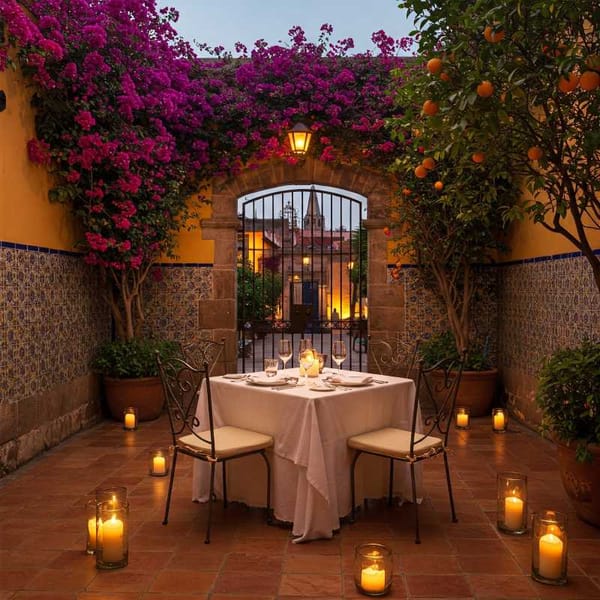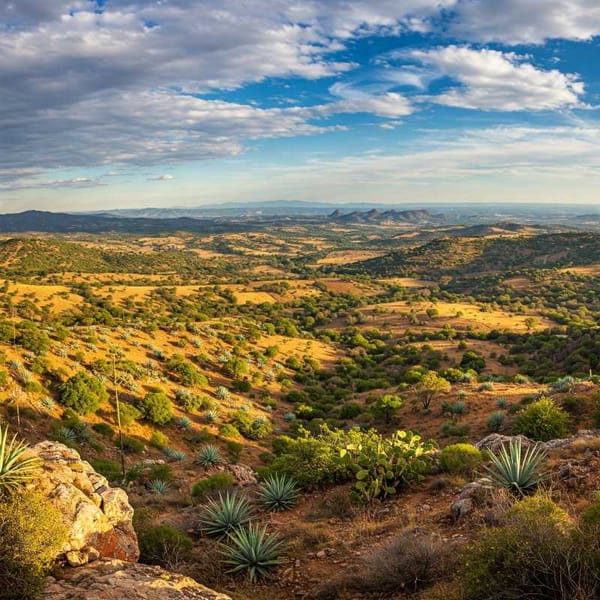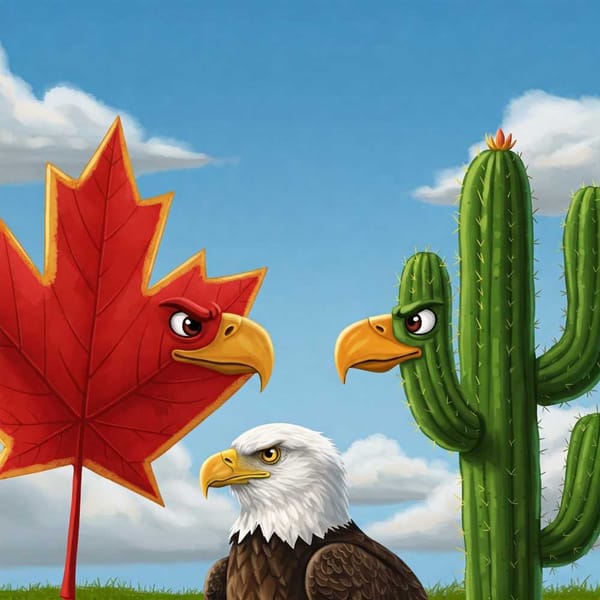October 12: What is honored and why is it no longer Columbus Day?
Wednesday, October 12 marks another year of what used to be known as Columbus Day, a date that raises the question of whether it is a holiday in Mexico.

Wednesday, October 12 marks another year of what used to be known as Columbus Day, a date that raises the question of whether it is a holiday in Mexico.


Mexico's dating scene varies wildly. Tijuana's transient, costly; Juárez is hard-working, romance-poor. Aguascalientes? Boring and insular. Ecatepec's chaotic and risky. Small towns need Spanish skills. It's a minefield, but cities like Guadalajara offer hope.

Mexicanist's take on Mexican dating: Mexico City's chaotic dating grid, Guadalajara's surprisingly pleasant scene, and Riviera Maya's fleeting holiday romances. Verdict? Mexico's "not entirely rubbish" for finding love. Just maybe. Good luck, you'll need it.

Mexico's 132 "magical towns" offer rich history and culture. Huasca de Ocampo, the first to be recognized, boasts unique basaltic prisms. These towns drive tourism and economic growth, notably in Hidalgo state.

Trump's proposed 25% tariffs on Mexico and Canada could devastate North American trade, potentially increasing household costs by $4,300, disrupting integrated supply chains, and threatening the USMCA's economic stability with far-reaching consequences.